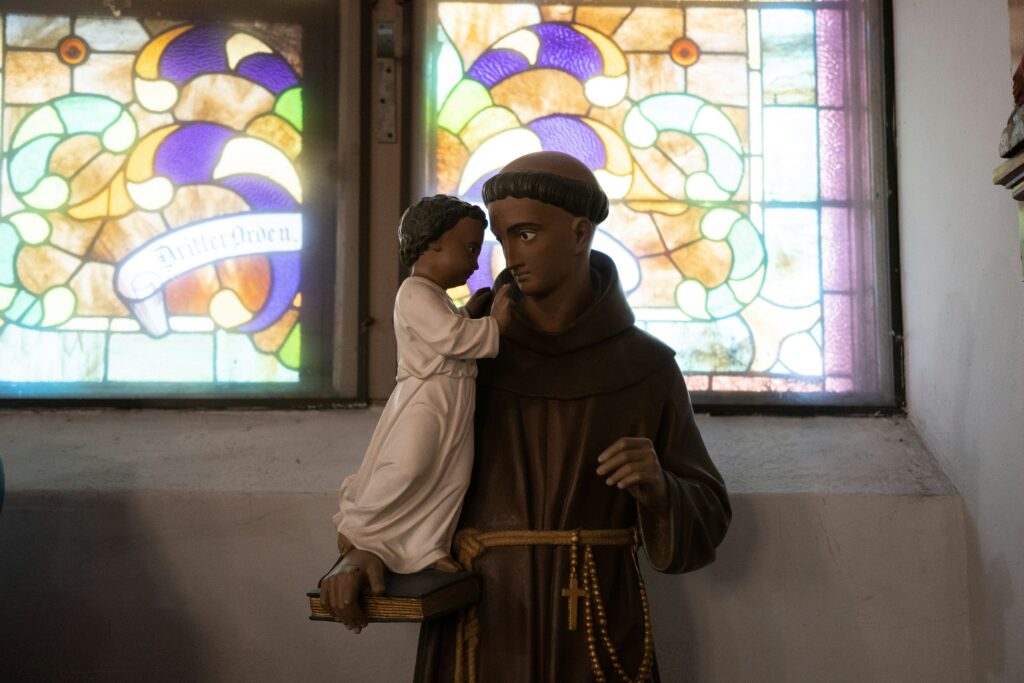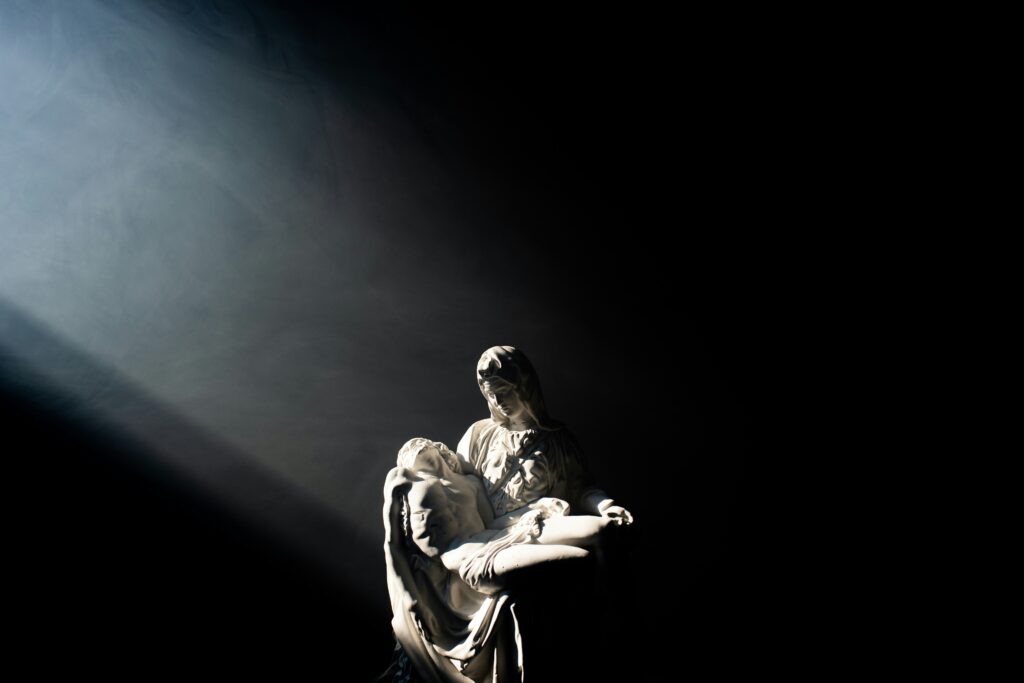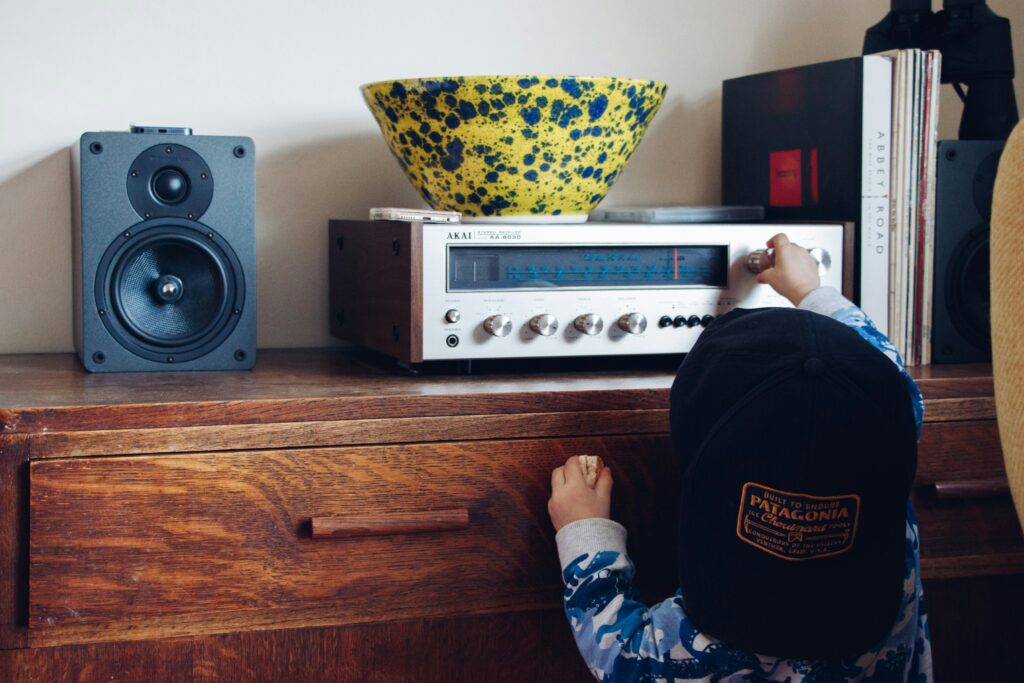5 Reasons Why You Should Study the Catechism of the Catholic Church
Written by catholicradio on January 17, 2023
Catechisms were originally for priests to aid in the instruction of children and adult converts to the Catholic Faith. However today they are for the lay faithful as well. Here are five reasons why you should study the Catechism of the Catholic Church.
-
The Catechism of the Catholic Church Was Written Just For You
Unlike the catechisms for priests, or the question/answer format for children in generations past, this particular one is for YOU.
Scholars consider the first catechism in Christian history to be the Didache. Brief and anonymous, it is a letter also known as the “Teaching of the Twelve Apostles” and was written in the mid first century. “Catechism” is Ancient Greek for “instruction by word of mouth” or “to teach orally”.
The Catechism of the Catholic Church was first promulgated by St. John Paul II in 1992 as a result of a bishops’ synod in 1985. The bishops recommended that a universal catechism be created specifically for the faithful that included Catholic teaching about current issues including abortion, capital punishment, social justice, and migration, among other topics.
An array of Catholic catechisms have flowed from this one including those for sacrament preparation, for children, for adults, for those in the United States, and other countries as well.
-
The Essentials of the Catholic Faith Are Found in the Catechism of the Catholic Church
There are thousands of literary works that speak of Jesus, the Church and the saints. However there is a distinct difference between what these terms and ideas mean not only between Catholics and Protestants, but even among Protestant denominations themselves.
There are even misperceptions among Catholics on what the Catholic Church teaches about the Four Last Things (death, judgment, heaven, and hell), the Second Coming of Jesus Christ and the End Times, our Blessed Mother and the reverence Catholics give her.
Using the Table of Contents or the Index, you can easily find answers to questions you may have about what the Catholic Church actually teaches.
-
Studying the Catechism of the Catholic Church Leads You Back to Your Catholic Roots
Unfortunately, some Catholics and non-Catholics alike erroneously believe that Catholics don’t read the Bible and that Church teaching is man-made. Nothing could be further from the truth! Not only is the Mass based largely on Sacred Scripture, but the Catechism is too.
Early catechisms were written referencing Sacred Scripture and writings of early Church Fathers. Ecumenical Councils clarified doctrine and dogmas as heresies opposed the teachings of Jesus or Sacred Scripture. Over time the writings of canonized Saints and Doctors of the Church expounded on these Truths in language that was more accessible to priests and the lay faithful.
When you study the Catechism, just by reading the footnotes and annotations, you will become better acquainted not only with Sacred Scripture, but also with Church Fathers, Saints and Doctors of the Church, the Magisterium (teaching body of the Church) and many Church documents.
-
Reading the Catechism of the Catholic Church Immediately Impacts Your Understanding of Church Teaching
This universal catechism is simple yet precise in its organization. The Table of Contents breaks down the Catholic Faith into four parts:
- The Profession of Faith (including the Apostles’ Creed)
- The Celebration of the Christian Mystery (the sacred liturgy and the sacraments)
- Life in Christ (the Ten Commandments)
- Christian Prayer (including the Lord’s Prayer)
When you attend Mass, reflect on the Ten Commandments for an examination of conscience, or recite the Our Father, you will immediately experience a more profound understanding you never imagined.
-
Studying the Catechism of the Catholic Church Has Never Been Easier
The Catechism of the Catholic Church is now online at the Vatican website and also the website of the United States Conference of Catholic Bishops. If starting with that feels overwhelming, you may like the Compendium of the Catechism of the Catholic Church. Also the YOUCAT is available for teenagers.
An exciting development in studying the catechism is the podcast, The Catechism in a Year (with Fr. Mike Schmitz). In the same way Fr. Mike led Catholics through the Bible in a year, he’s developed a plan in conjunction with Ascension Press to study the Catechism of the Catholic Church.
Download a copy of the reading plan at the website, join the Facebook group to stay up-to-date on all things pertaining to the study, and listen to the podcast when it fits your schedule. This free resource is available multiple podcast platforms including Apple, Google, Audible, Hallow app, and of course on the Ascension Press website.
God Is Calling You
“God, infinitely perfect and blessed in himself, in a plan of sheer goodness
freely created man to make him share in his own blessed life. For this reason,
at every time and in every place, God draws close to man. He calls man to
seek him, to know him, to love him with all his strength…”
Catechism of the Catholic Church, paragraph 1
Our culture is increasingly hostile towards Christianity and even skeptical about the existence of God. Yet resources abound to help you learn and appreciate your Catholic faith. God loves each person that He created and He is calling you. Perhaps studying the catechism will be a pivotal moment in your faith journey. The time to begin is now.
Remember that Catholic Radio Network has a wide variety of radio shows that can help you grow in your Catholic faith. Check out our Programming Schedule and start listening to one of our five livestreams. We also invite you to download our app for Apple and Android.




